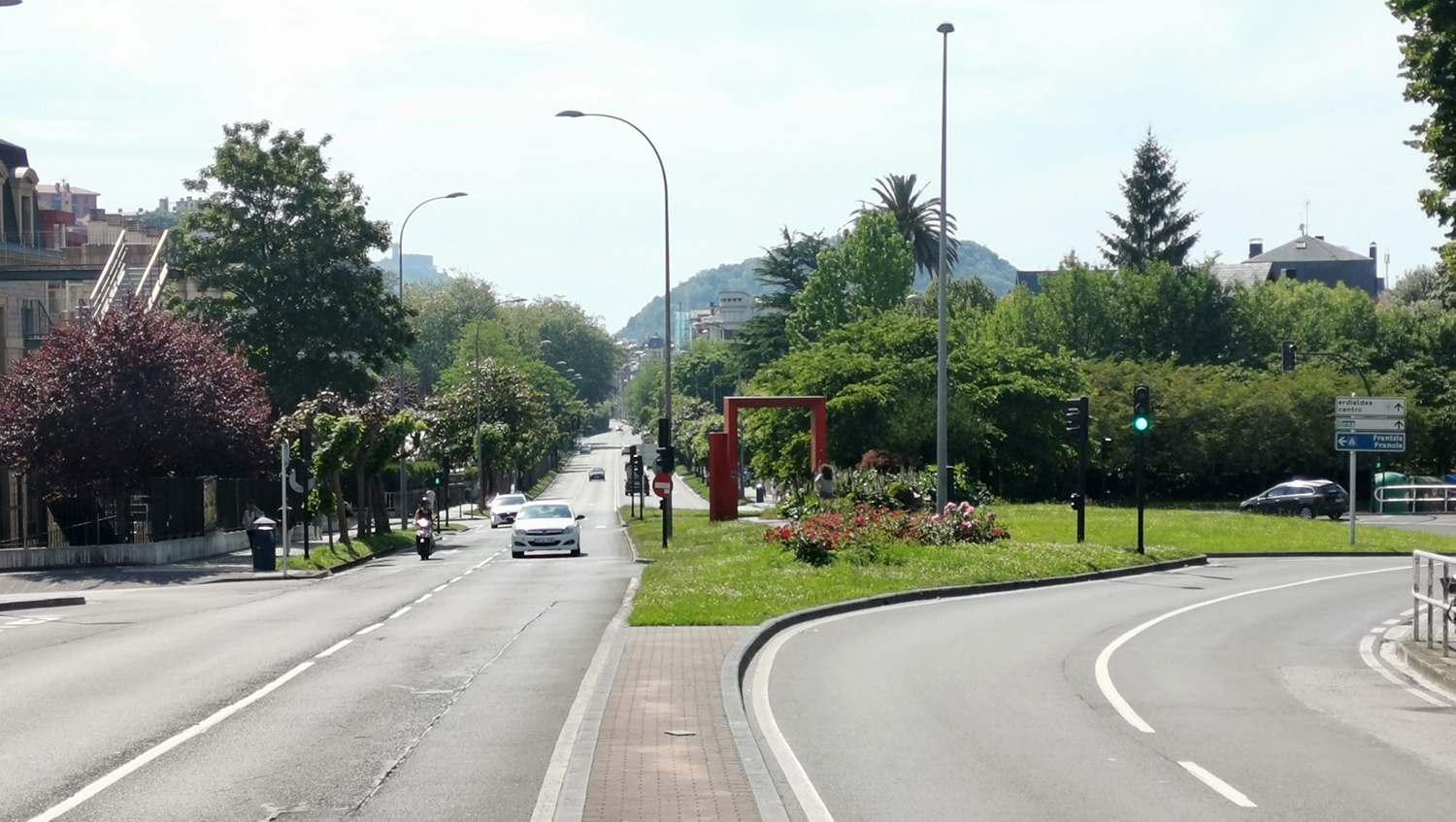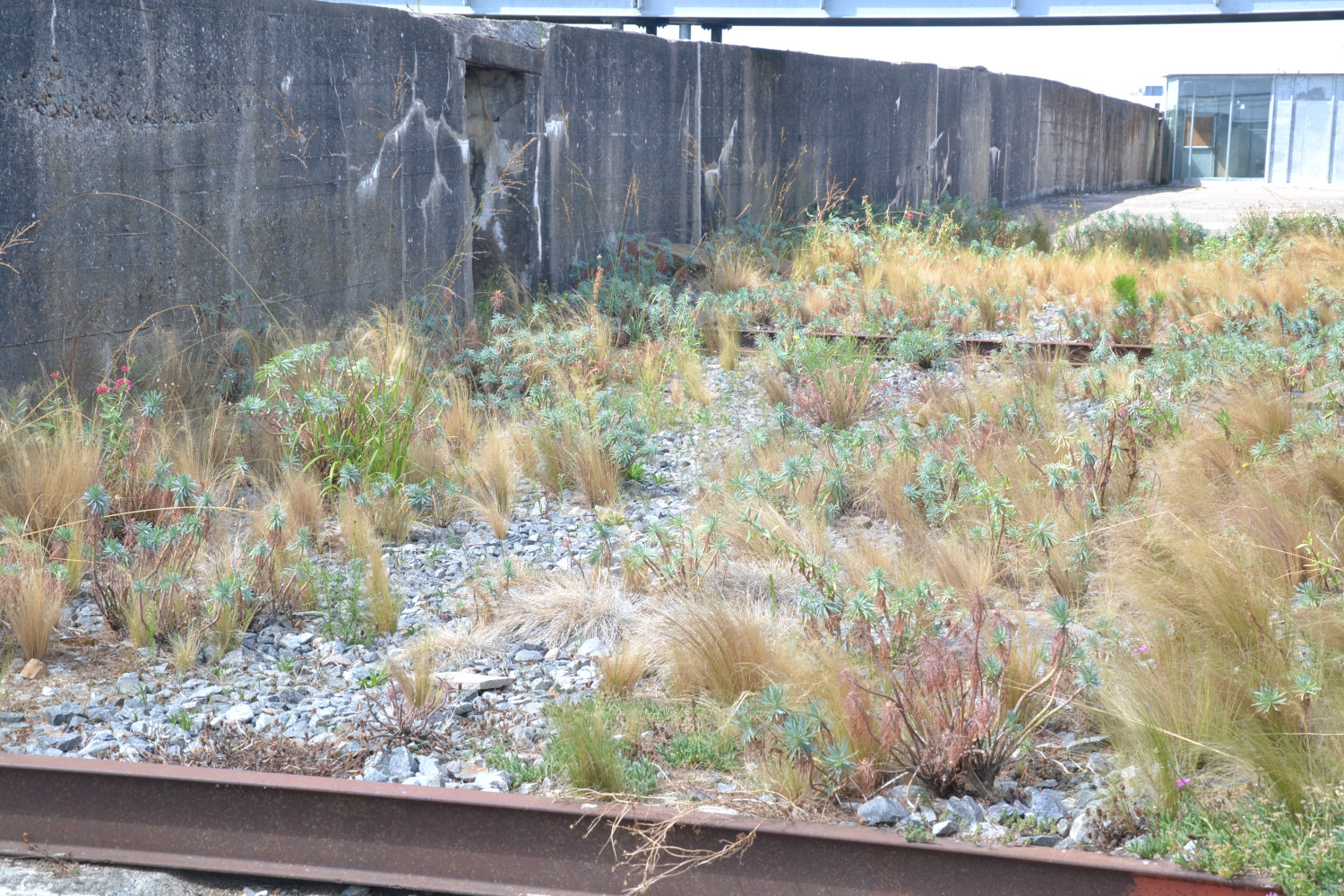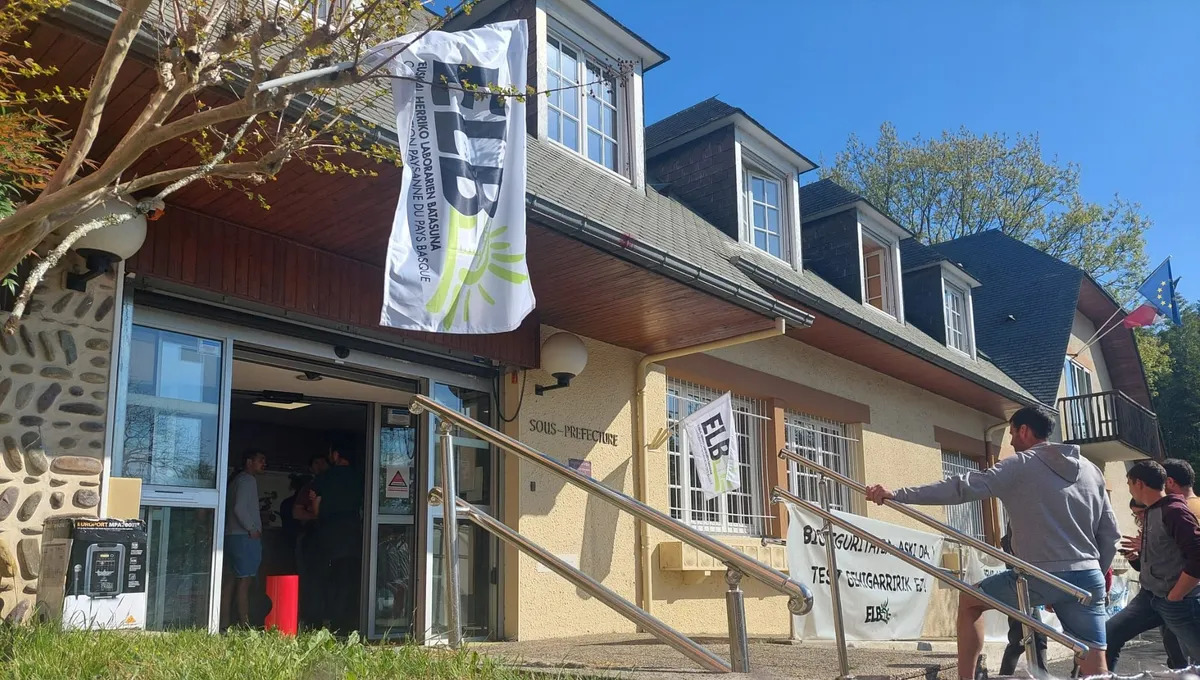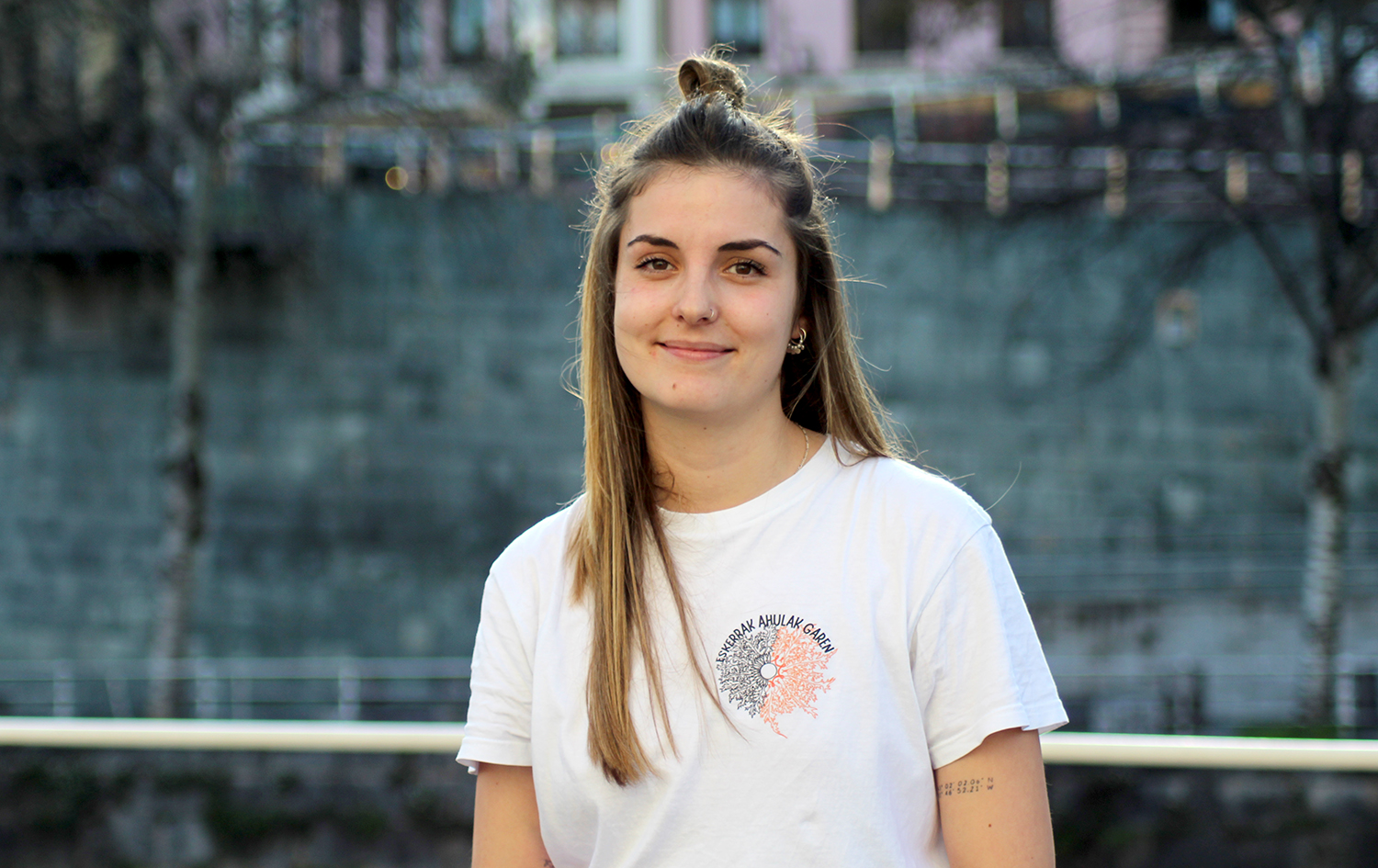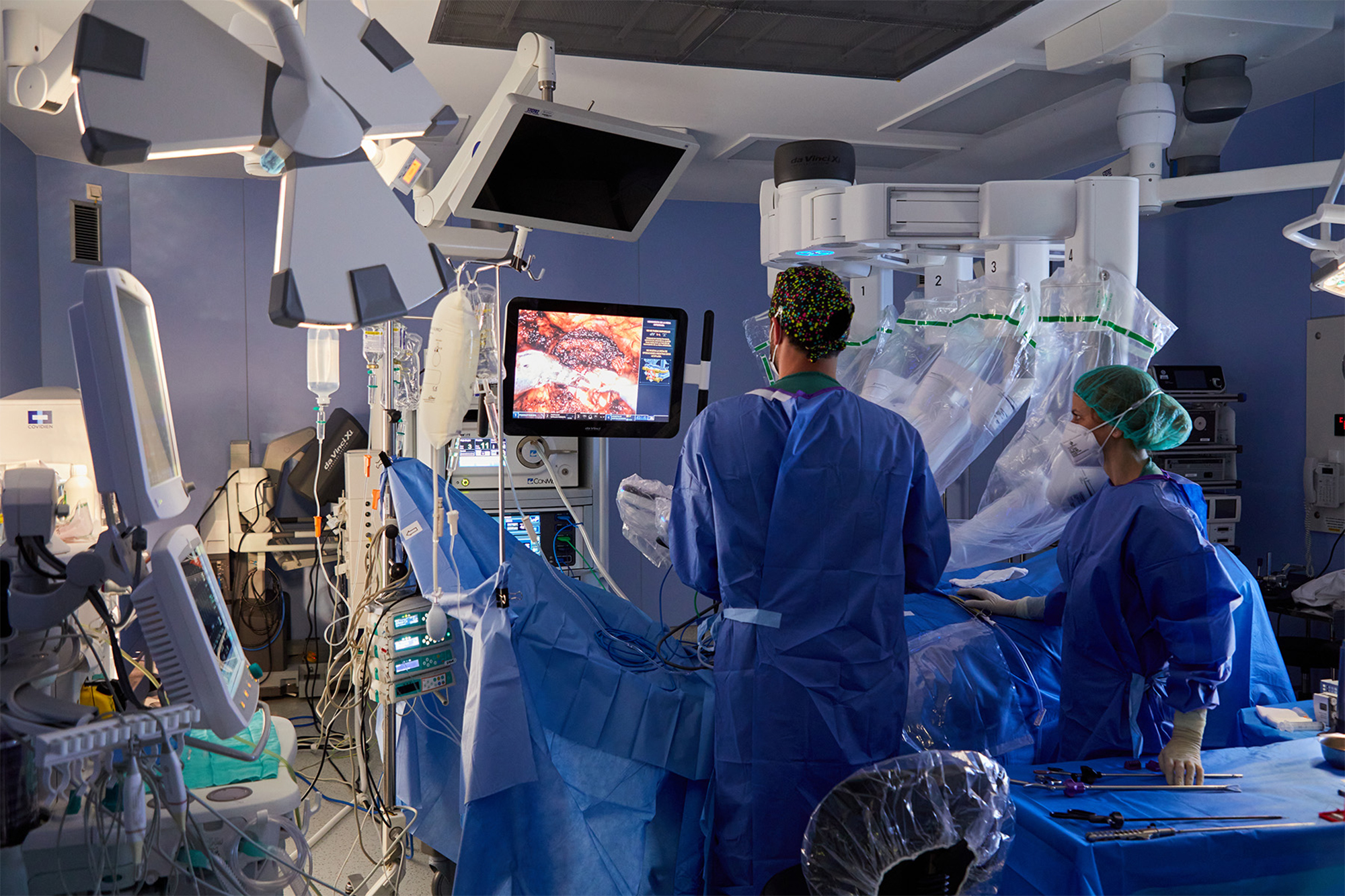“To take good care of others, everyone must be well”
- The health epidemic has worsened a number of situations that were already difficult, and one of them is the area of care. We talked to the Iraqi psychologist Maite Elizondo about women who care for dependents. It recommends that caregivers take responsibility for self-care and public authorities provide value and economic resources to the care that sustains society.
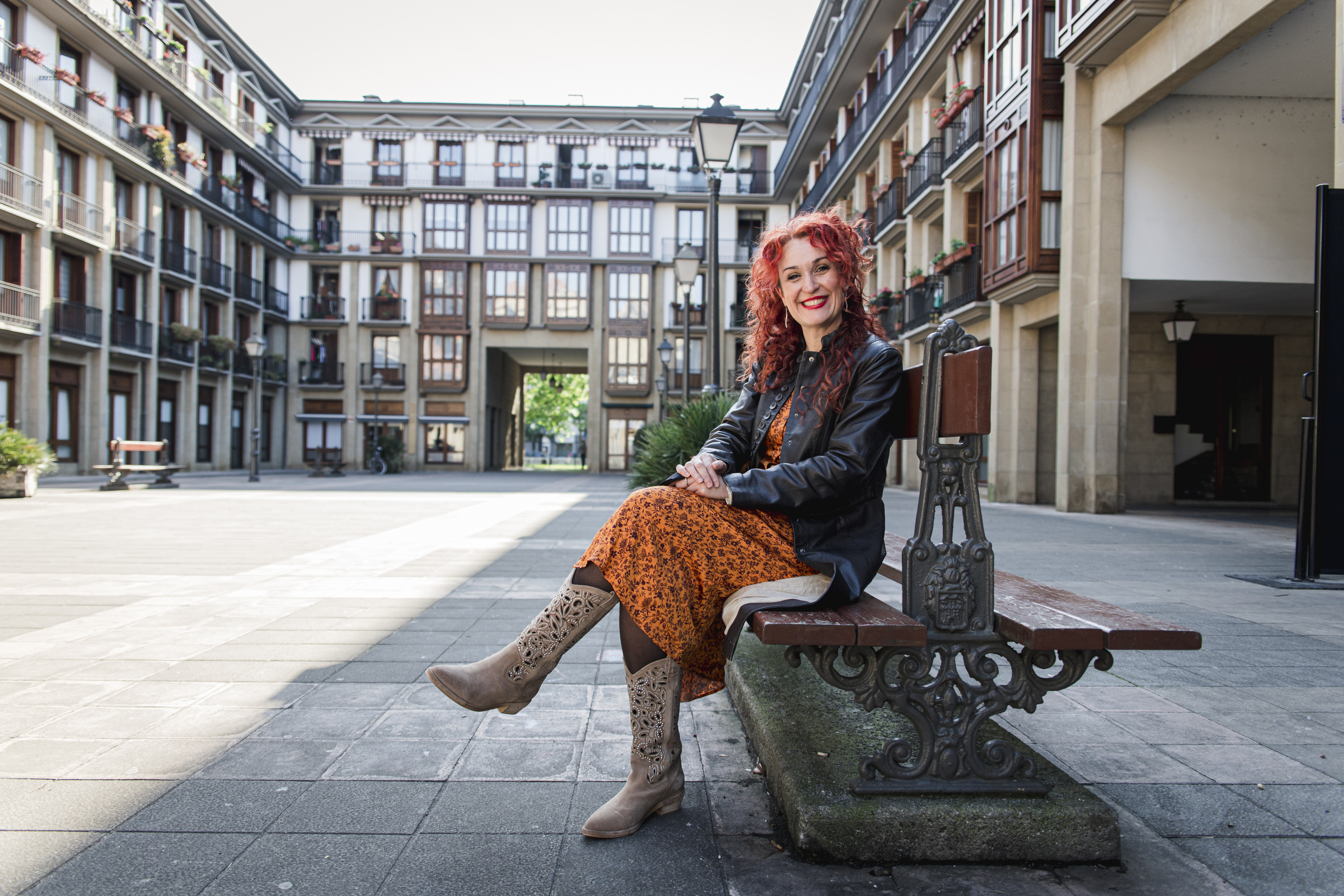
Care at the center, right?With this
epidemic, the difficulties that existed before in care have been put to the limit. Above all because no more resources have been put in place. A non-professional woman who takes care of a dependent person, for example, has lost the little breaths she had. Increased emotional and structural difficulties. Managing some situations has been very difficult. These situations require great personal investment, as this is a long and hard process. Often with little external empathy. “It’s touched you.” Many feel almost unable or right to complain. The pandemic also increases the sense of guilt. Many people are afraid to spread what they have left in the street if they take some time to take their breath out of their care. Toxic whirlpools can occur, and if the care process is prolonged a lot, the caregiver may also suffer psychological damage: guilt, frustration, anxiety crisis, depression...
How can the caregiver be helped?
Empathy is very important. One of the family members is usually the one who cares the most and others stay around him without getting involved as much as he does. Communication and empathy are very important in these cases. Preventive action is essential. In the individualistic and accelerated society in which we live, we don't know how to stay, reflect and look at others. If we are talking about genuine care, society has to organize itself collectively, because it belongs to the whole of society and not just to every home. It seems that we are obliged to work continuously productively and the authorities rarely or almost never talk about standing, reflecting, taking care of oneself. It's that they don't give resources for that! Although it is known to be the most important factor supporting the system. There's a lot of hypocrisy.
Do we know what movie custody is?
The person should be cared for from birth to death. Currently, more is identified with specific sectors such as childhood and age. In addition, in most cases, one is represented as a donor, not as a recipient. Self-care is talked about very little and is indispensable. To take good care of others, everyone has to be well, and today the situation is very unbalanced. We refuse, we walk away and we forget in extreme cases to take care of the other. But if you're not right, you won't take care of the other. We're always working, leaving aside the emotional.

What is self-care?
We should do it from birth, it's a way of life. We teach children healthy behaviors, but because of the daily pace, we abandon them in adulthood. Rejection of one's own conscience is essential. At ikastola, we learn how to manage difficulties, why don't we continue in adulthood? If a family member has to take care of us, it is essential to know each other to take good care of the other.
How do you do it?
We have to know our limitations in order to know how far we are capable and what we are willing to do. Training in function of the illness of the person to be cared for can also be very useful. It's not the same thing to be with someone with cancer as to be with someone with advanced dementia. Internal talks are very important: “What do I say? How do I feel in this situation?” It is also very important to work on the issue of guilt. Too often we think that we can do more or that we are doing it wrong. The caregiver may encounter many opposing elements. We love those who suffer from the disease a lot and we do not allow ourselves to accept “I am up to my chin, I can no longer”. Neither we nor society are poorly seen. However, it is a very natural feeling, it is normal. It's also convenient to work grief. Often the patient starts with life, it is part of self-care.
Burnout syndrome is also there.
It usually occurs in professions that we generally do not like, but it also occurs in the case of care. In short, we feel compelled and without any other options, which accentuates the burnout syndrome: the caregiver no longer cares about anything, has the emotions anesthetized, speaks abruptly to the person who attends them... It is usually the last emerging syndrome, but there it is.
Could we come to do surveillance with pleasure if the system were different?
No doubt. However, the system should be dug. The institutions should address the issue from the outset, offer training and resources to caregivers (economic, psychological, structural...), so that they are not given as a condemnation, but as a free option. Because it's actually nice to take care of what you want. And if you do it with pleasure or without so much suffering, day-to-day and subsequent grief becomes easier.
play the piano so that it does not become a condemnation. However, he believes that the powerful “glue” us to the issue of care. Although the issue has come to the centre with the plague, campaigns such as “take care of yourself”, a film debate and the lack of public resources, it is believed that they are hypocrisy. He considers that the solidarity networks that emerged during the plague are a thread of transformation, provided that the broad field of care is not interrupted and extended. She claims, as the Basque needs, that female caregivers also need breathing spaces so that care does not become a condemnation.
The pandemic has revealed, in all its crudeness, the consequences of the neoliberal model of care for the elderly, children and the dependent population. Now is the time to consolidate the critical discourses and community alternatives that flourished during the lockdown.”... [+]
You may not know who Donald Berwick is, or why I mention him in the title of the article. The same is true, it is evident, for most of those who are participating in the current Health Pact. They don’t know what Berwick’s Triple Objective is, much less the Quadruple... [+]
Indartsua, irribarretsua eta oso langilea. Helburu pila bat ditu esku artean, eta ideia bat okurritzen zaionean buru-belarri aritzen da horretan. Horiek dira Ainhoa Jungitu (Urduña, Bizkaia, 1998) deskribatzen duten zenbait ezaugarri. 2023an esklerosi anizkoitza... [+]














